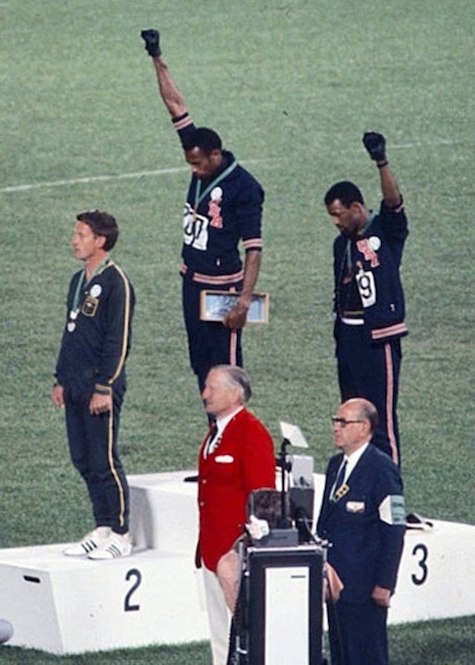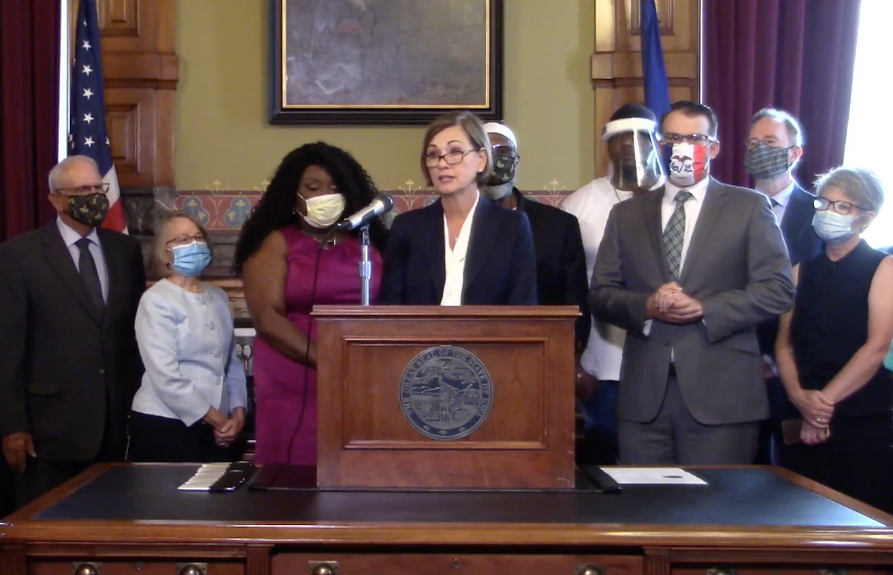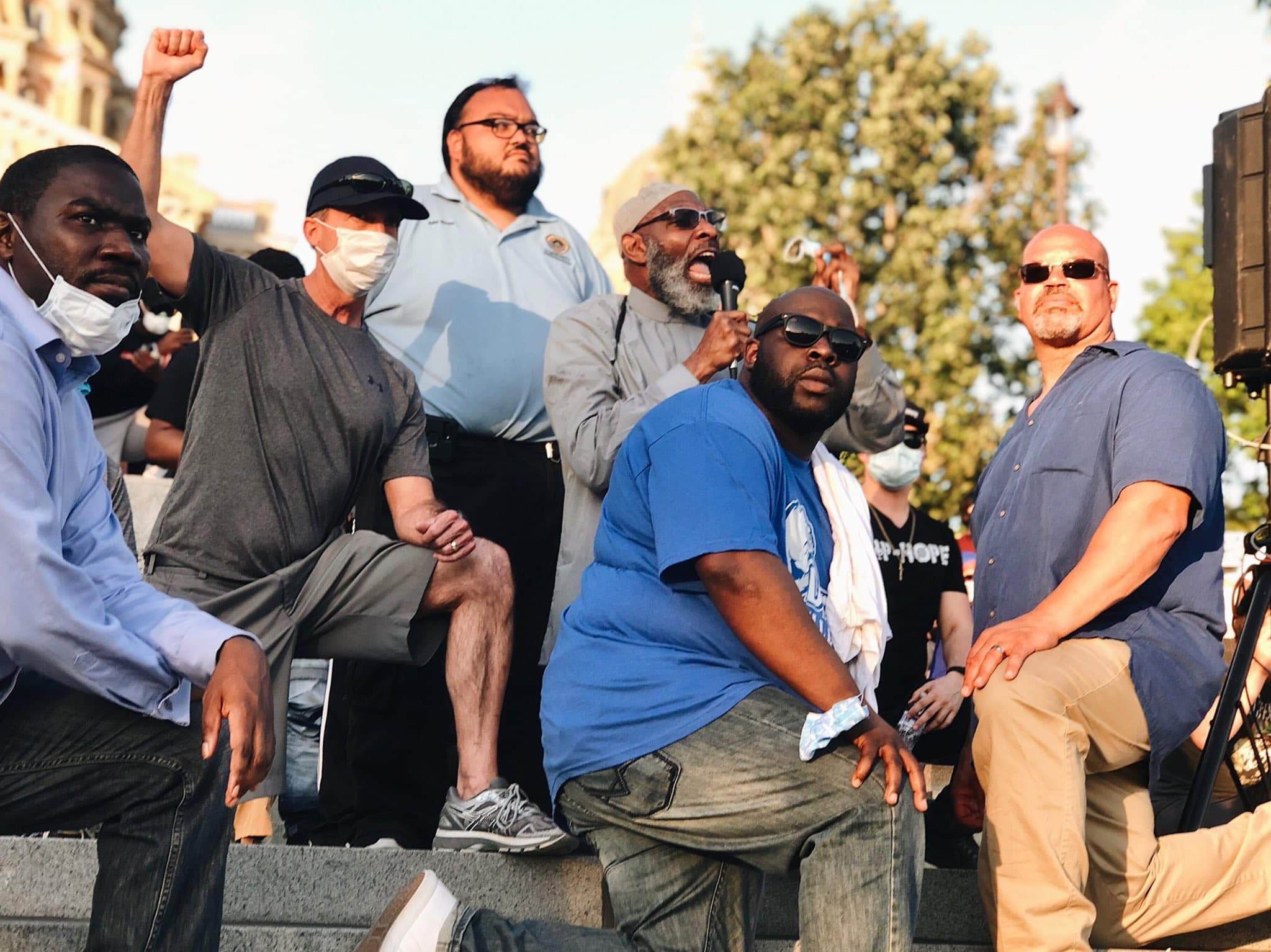The state of Iowa has agreed to pay $70,000 and improve First Amendment training for state troopers in order to settle a lawsuit filed last year by five protesters who were banned from the Iowa Capitol Complex.
Jalesha Johnson, Louise Bequeaith, Brad Penna, Brandi Ramus, and Haley Jo Dikkers were among seventeen people whom state troopers had banned from the capitol grounds following a July 1, 2020 Black Lives Matter protest that led to numerous arrests. They filed suit last October against Iowa Department of Public Safety Commissioner Stephen Bayens and several Iowa State Patrol officials, saying the bans violated their rights under the First, Fifth, Ninth, and Fourteenth Amendments.
Continue Reading...




